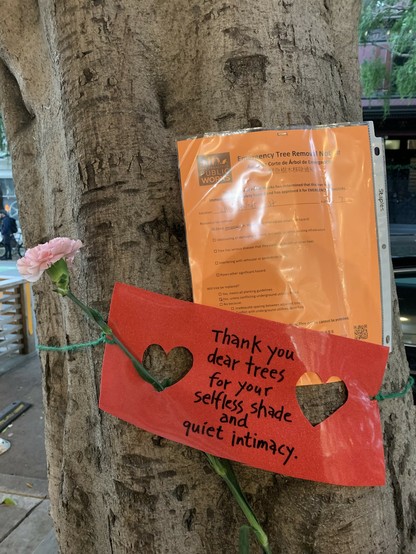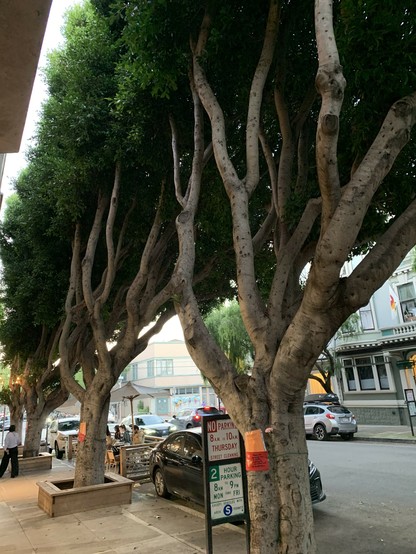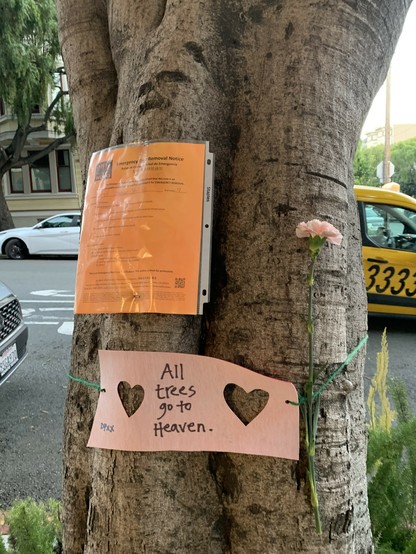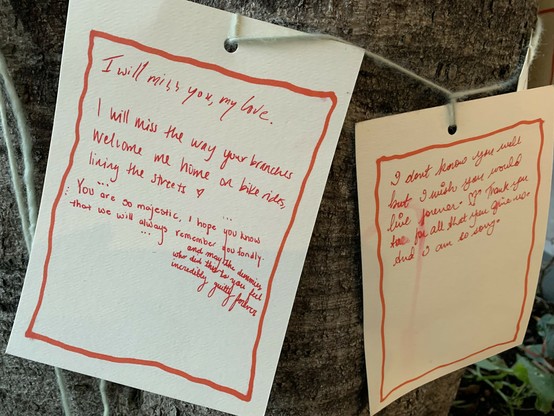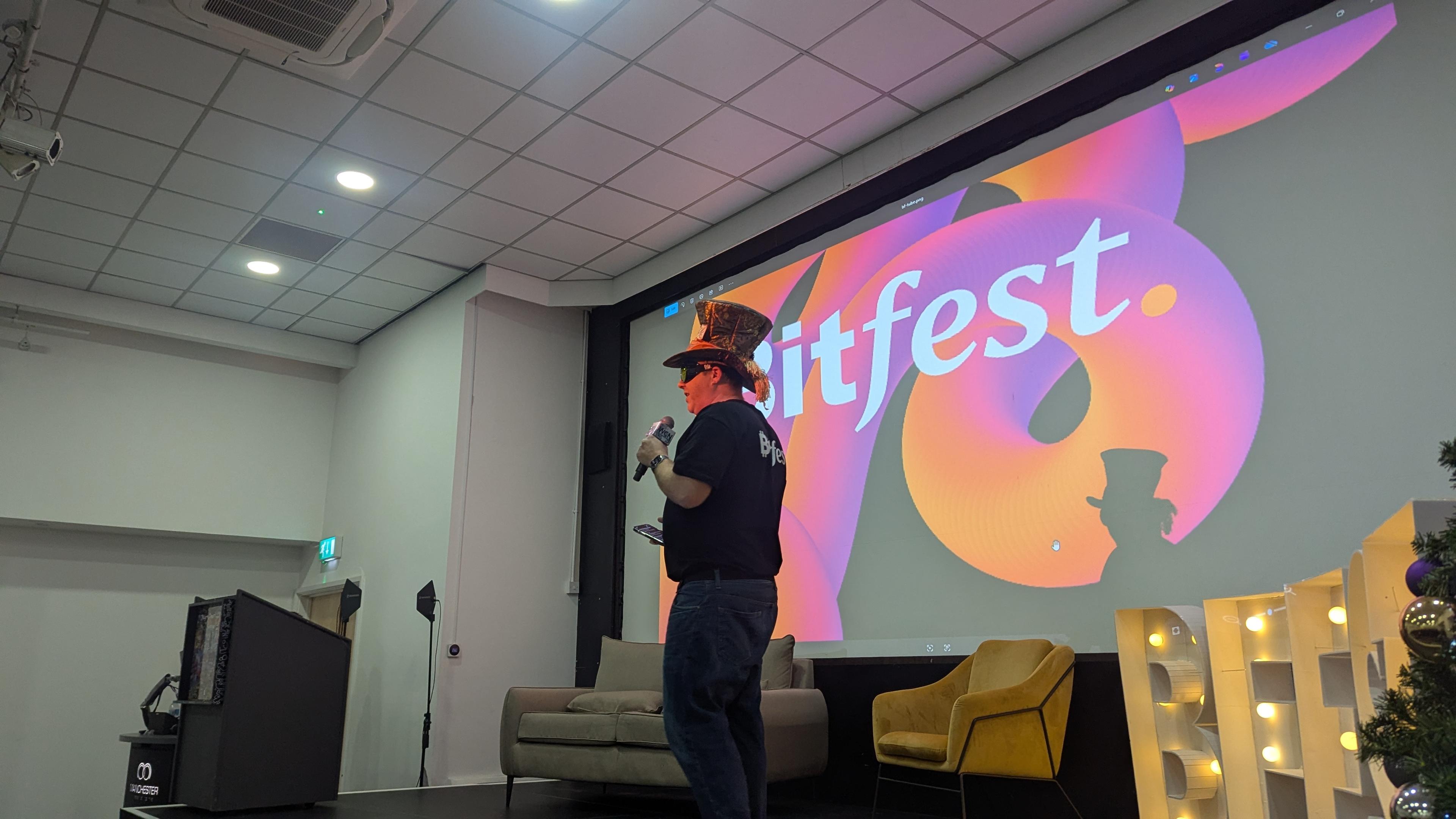2026-01-16 01:21:28
2025-12-15 14:45:57
Re: discourse about #FediSoWhite
I'm a white man. Was on Twitter throughout #BLM and gained an awful lot of free education from Black folks on there. That was the start of me consciously following diverse folks which is a strategy that's improved my life immensely.
Back on Twitter before the Muskening, there was a lot of diversity. Black Twitter was a thing, and not just first-world (anyone else remember "O jewa ke eng?"). When I went looking for people to follow to diversify my feed, I found them in abundance.
That's why it's so clearly false to me when people claim that the fediverse is secretly diverse, and why anyone making that claim sounds suspect to me. Sure there are a ton of great Black and other POC folks you can find on here, if you look hard. But it's nowhere near the levels of diversity and community that were on Twitter. Which you would know had you been following those people before, so now I have to assume you weren't, and wonder why you feel qualified to make statements about diversity even though you haven't made an effort to engage with diverse voices before?
Also, if you were actually following some of the excellent POC voices on here, you'd know that across different servers and interest groups, almost every group has had a discussion of #FediSoWhite at some point. If all the Black people you follow are independently talking about the lack of community and diversity here, you've either got to believe them or start putting on your clown makeup, and the later is absolutely a choice.
2025-12-14 09:08:56
I’ve spoken with my boss (he’s a bit of a dickhead but his heart’s in the right place) and confirmed that I won’t be getting fired for opposing Israel’s ongoing genocide and supporting the human rights of the Palestinian people to live with freedom and dignity like the rest of us but not everyone is as lucky.
2026-01-17 14:33:47
Beware of this person (yogthos). I commented on his toot and he attacked me in his answer and then blocked me.
#China
2025-12-13 12:35:00
"The skyscraper, the apotheosis of form following finance and function"
—Jenny Diski, LRB
https://www.lrb.co.uk/the-paper/v36/n15/jenny-diski/post-its-push-pins-pencils
2026-01-05 11:44:42
If you are an anti-fascist, you are against petroleum. Petroleum funds fascism globally. It is at the heart of the military industrial complex driving global imperialism, from both the US and Russia. Motonormitivity is fascist, both in it's elitist roots and in it's ties to historical fascism (Hitler hated bikes, just on principle). Oil is militarism.
Oil is the dominant resource which drives war, both in terms of it being the primary spoil wars are fought over and in terms of fueling the military vehicles and weapons that carry out those wars. Practically every war since (and including) WWII has been over oil. Genocides are carried out to secure oil. Gaza is over oil, in more ways than one.
Oil is the absolute enemy, and AI is simply an extension of that: an attempt to atomize us so we can't resist the oil-centric global order, one last grasp at the control over our lives oil has given to those whose power is now threatened by a solar punk future.
"I haven't written for a few weeks now. As I write the closing chapter and begin rewriting previous sections, everything feels both more distant and more immediate. The working title [Kairos] has only continued to feel more and more resonant, both during the writing and during my pause."
Now is the time to resist by making something different, by creating a world fundamentally opposed to these systems of oppression.
This is the last in my Kairos series. From here on out I'll be editing to try and make it more of a book than a series of posts. Thanks to everyone who has helped so far. All editing is welcome (typos, spell checks, questions and challenges). Between ADHD and dyslexia, it's always hard for my brain to notice mistakes in my own text so I always appreciate the support of those who can.
https://anarchoccultism.org/building-zion/kairos
2025-12-08 22:05:20
"Cold, the air and water flowing
Hard, the land we call our home
Push, to keep the dark from coming
Feel the weight of what we owe
This, the song of sons and daughters
Hide, the heart of who we are
Making peace to build our future
Strong, united, working 'til we fall
Cold, the air and water flowing
Hard, the land we call our home
Push, to keep the dark from coming
Feel the weight of what we owe
This, the song of sons and…
2025-12-26 23:25:43
Like all the rest of the nerds, I did a bit of tech support on family computers.
They're all popping up windows from scam virus scanners lying that subscriptions need to be renewed or machines are unprotected. People don't know how to remove these things. Luckily they also don't really know how to pay the subscription.
Their phones are updating on them. Changing where buttons used to be. Removing options. Forcing people to register to use they things they have been doing for years.
They don't know how to register.
Things pop up asking for passwords and they have no idea who is asking or which password to use.
I tell them that I don't really understand why they keep using Windows now it is so shitty and awful. They say they don't know how to use anything else. The fact they don't really know how to use windows either doesn't seem to register.
The tech corporations have given up completely on being user friendly. They are all deliberately user hostile and exploitative now.
Corporate tech is terrible. The industry is failing it's users, abusing them. People don't even know there is any other way. They are just giving up on achieving their tasks until someone can fix the pop-ups and subscription boxes and passwords and 2fa for them.
Tech sucks now. Sucks hard.
#tech #christmasTechSupport
2025-12-10 08:48:04
Die Amokfahrt vom 11. September 2020 in Amriswil war ein Incel-Attentat.
Er fuhr los, um zu töten https://www.srf.ch/news/schweiz/hass-auf-frauen-er-fuhr-los-um-zu-toeten?srg_sm_medium=mastodon
2025-11-22 10:39:50
Despite much opinion to the contrary, the government money we use is crappy.
I'm at bitfest in Manchester to find out if Bitcoin could be a better money.
It could hardly be worse.
The mood is still good, people are joking about recent devaluation rather than crying. Those who aren't all in are trying to buy more at the discount.
After an introduction by Mad Bitcoins, Joe Bryan explains the problem with government money.
He imagines an island on which two types of money are tried, with a dividing wall between them.
When economic problems hit, government can just print more money on the fiat side. Everyone now using money which is worth less. Distorting prices, inflating asset prices, making the rich (who hold assets) richer and the poor (who have to pay inflated prices) poorer. Driving wealth inequality.
On the hard money side, government must tax properly. Take in more from the rich rather than inflating to take it from the poor. Reducing wealth inequality.
On the government money side, the wealthy monitize houses, stocks, resources. Saving in money is impossible, its inflated away. So they save in assets and hording resources. Capital is misallocated. The youth can't afford houses. Poverty traps are caused. The only way out is printing more for benefits. Making it all worse. More economic crises, more printing. More government debt.
Eventually, the wall is broken. Government money people can save in the hard money instead. It reduces the value of government money further. More printing. More inflation.
Eventually, war. Funded by printed money.
The dollar is the best of a bad bunch all other government money is falling in value even faster.
I wonder, is bitcoin really this better money though? It's limited, hard, and can't be printed without energy investment.
I'm still unsure that fixing money fixes the world.
--
Note: "crypto" is mostly more like government money than bitcoin. It can be printed indefinitely by it's makers, does not cost it's makers to print. Crypto is usually just a scam people to get more bitcoin. Bitcoin is not crypto.
#bitfest #bitcoin
